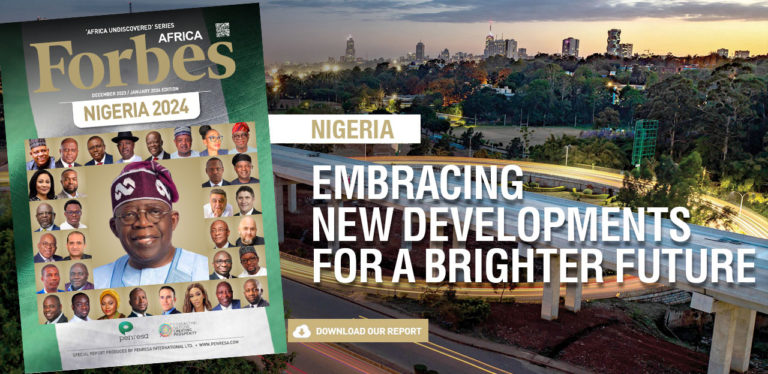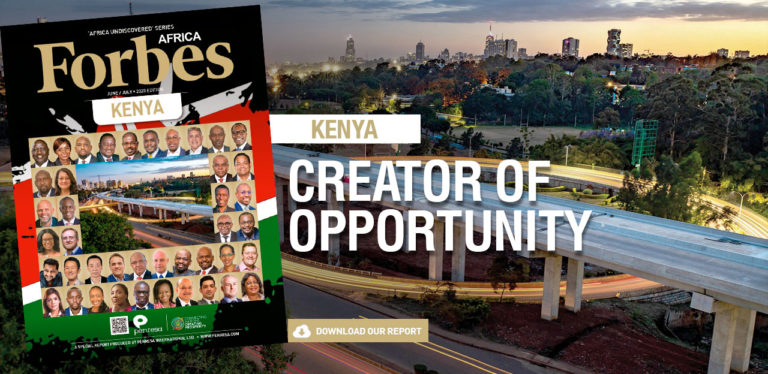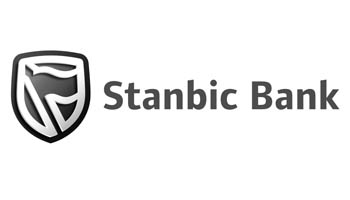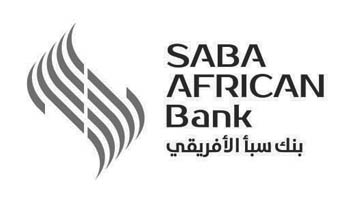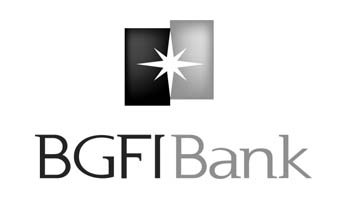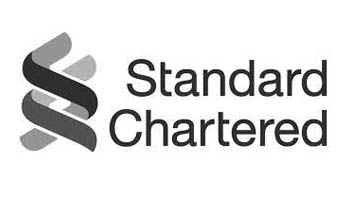In a country that is a strategic gateway between Africa and the Far East, investment opportunities are limitless.
The opening of the Djibouti International Free Trade Zone (DIFTZ) in July 2018, with the inauguration of the first four industrial clusters, marked a turning point in the history of Djibouti and the East African market as a whole. Upon completion, the zone will span an area of 4,800 hectares that will undoubtedly boost inter-regional and international trade and foster employment for the locals. The Free Zone, a key step in the “Belt and Road” initiative, is just one of the many signs of Djibouti’s superb and amazingly fast transformation, a hallmark of the uncountable efforts the Djiboutian government is taking to differentiate the economy and position the country as a true trade, logistic and financial hub for the continent.
In accordance with the strategy mapped out in Djibouti’s Vision 2035, the government has spearheaded an impressive series of projects aimed at updating Djibouti’s infrastructural landscape: in that regard, a crucial step has been the construction and completion in less than five years of the new state-of-the-art Doraleh terminal: “We aim to penetrate new markets in the continent because we have the capacity to handle a lot of cargo,” says Wahib Daher Aden, General Manager of the Doraleh Multi-purpose Port. “We would like to create relationships with countries that are not using our terminals yet.”
Comlan David Ocahoumare, Deputy Manager of Bank of Africa continues, “Investors must come today to gain from the Djibouti economy and capitalise on all infrastructures created by the government.” Bank of Africa remains one of Djibouti’s leading institutions and a major player in the country’s economy.“We have a strategic position for the Sub-Saharan region with very good security: we have all it takes,” adds Ocahoumare.
“Djibouti is at an important moment of its development,” says Hon. Yonis Ali Guedi, Minister of Energy. “The government of Djibouti is working on a vision. All our projects, which are developed simultaneously, respect this vision.”
The marvels of Djibouti, however, do not halt with its impressive infrastructures and mighty ports: here’s a country lying over three tectonic plates, gifted with landscapes unlike any others. From the natural fumaroles of moonlike Lake Assal, to the azure depths of the ocean where humans have the rare privilege of swimming with huge and gentle whale sharks, Djibouti fully deserves its spot among Lonely Planet’s Top Ten Destinations in the world. “Djibouti has an enormous potential in terms of tourism,” says Osman Abdi Mohamed, CEO of the National Tourism Office of Djibouti (ONTD) “We are also a very tolerant, stable and safe country. Visitors will be very happy to come here.” It is a country intent on reinventing itself without losing sight of its roots, retaining the flavour of days past through the streets of multicultural Djibouti City, where travellers can wander among the markets and immerse themselves in the beauty of a country that is eager to show its gems to the world.


